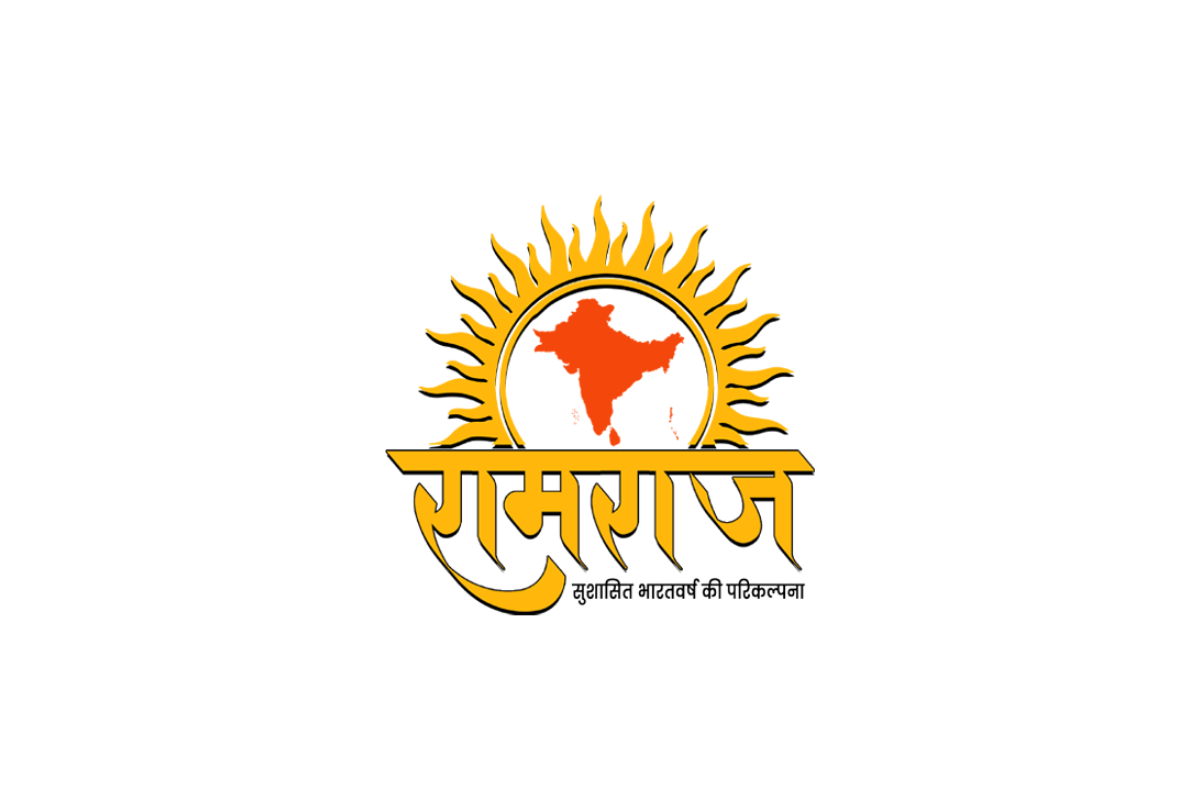Jescilia Karayamparambil | RN Bhaskar
Innoterra is on a mission to build a robust supply chain for small farmers in India. In less than a month’s time, the company has partnered with institutions such as Transforming Rural India Foundation (TRIF), Barefoot College International, and FDRVC (Foundation for Development of Rural Value Chains). The Swiss-Indian food and technology platform company is aggressively joining hands with many partners to develop the digital market platform in B2B and B2C segments across multiple product categories. Leading this initiative for the company is Nitin Puri, Head – E marketplace/B2B platform, Innoterra. In an interview with Free Press Journal’s Jescilia Karayamparambil and R N Bhaskar, he shares the plan of the company in India.
At present, what is Innoterra doing to strengthen the agriculture space?
The Indian agriculture sector is largely dominated by small farmers. There are many interventions by the private and not-for-profit sectors to improve systems in agriculture. We have been trying to improve the income and the livelihood of farmers. Times have changed over the years.
On the consumer side, they are becoming more demanding. In the case of the global market, they are becoming competitive.
The question here is how the farmers get a fair income in such a scenario.
The sector has changed over the years. Things that were not possible a few years ago in the agriculture sector are possible today.
However, Innoterra’s focus is to improve the livelihood of farmers and also to ensure that farmers get a large share from the consumer’s wallet.
The basic concept is to have a marketplace that will be brick and mortar to start with. Along the way, it will evolve into a digital marketplace. Here we will be the orchestrators for small enterprises, farmer collectives, start-ups, cooperatives, any enterprise located in rural India working with farmers and so on.
We are trying to replicate the systems and processes of multinational companies like procurement, handling, sorting, food safety, compliance, distribution and other capabilities to help smaller groups, micro-enterprises and others. To achieve this, we will be working with many partners as we need not look at re-inventing the wheel.
While we have capabilities in digitalisation, traceability, procuring from farmers, helping them with standard operating procedures, safety etc, there are other sets of capabilities we lack in. We get partners to address the areas we fall short in. This approach will help us create an ecosystem that will empower rural enterprises or farmers. This will be for basic produce and not high-end food products. So, farmers can either supply to end consumers or even a leg before the final consumer.
Tell us about the platform business?
This B2B platform that we are talking about is a new business. And this is in the pilot phase and we have not started operations of this business commercially yet.
The existing businesses of Innoterra group are many — fresh produce, dairy, rice, dry fruits etc. We are selling our own products under our brands both B2B and B2C. We are present in domestic and export markets.
The agricultural economy in India has been supported by various doles and less focus on efficiency. How do you see that?
Our agriculture economy has been largely a supply-driven economy. However, initiatives like minimum support prices, government interventions, working on seeds, procuring produce from farmers, storing and distributing it in PDS etc, have seen a change over years.
Around 60 years back, almost two-thirds of our production was from grains and low-value commodities. Today, it is exactly the reverse. Around 70 per cent of the agriculture economy is driven by value-added segments like dairy, horticulture, spices, fresh poultry and meat, and other value-added produce.
The time and age of direct government support and intervention by the way of buying produce is gone now. Today, the government can only provide a limited amount of support. Only two crore farmers in the country sell their produce to the government. In addition, this procurement is localised in some areas or limited to some products.
Now is the age of a demand-driven economy. Here you have the power of digital. For instance, China’s Pinduoduo looks at every farmer as a merchant. The farmer’s produce goes directly to the consumer. Digital allows one to skip the intermediaries and sell directly. Today, farmers can do so much to improve price realisation.
Many FPOs face governance issues. How do you deal with them?
There are 10,000 FPOs. The government is planning to double these numbers in the next three to four years. Only a small number of the FPOs are vibrant, transparent, have a good governance structure and so on. Most of them do not even reach a turnover of thousands of rupees. And if you are not generating business, how would you manage the group of farmers?
A governance structure can be built if you build a scalable business model and work on a market model. If commercial entities like us can guide these farmer groups and connect them to markets, it is only then FPOs become large, more meaningful and can generate profit. This will eventually lead to a governance structure in such FPOs.
Are the farmers or FPOs who are associated with the company free to work with others?
The farmers are free to sell their produce to anyone. We will help farmers to take their stock-keeping units (SKUs) to the market. This ecosystem is something that needs to be developed.
We want to be the intel inside the micro and small-medium enterprises or farmer groups to manage the supply chain in the food sector.
How many more states will the company expand to in the coming years?
As Innoterra we are present in half of the country in terms of the number of states except for north-eastern states. Siliguri is the only place in the north-east where there is a brick and mortar presence. We will cover a dozen more states in the next two-three years. We are expanding our product portfolio within nutrition and crops businesses that are distinctively different from the marketplace that we are developing.
We are present in several food categories — fresh produce, rice, dry fruits, dairy etc. So to fulfil that we have to cover the entire country.
With the platform business that we are building, the sky will be the limit.
Are there any expectations you have from policymakers?
The government is already doing it. But there is a lot more that can be done to take the micro-enterprises and farmer collectives to the market.
One thrust the government can give is on how the products can be taken from farmer collectives to markets, and understand what systems and processes will be needed to build the infrastructure.






